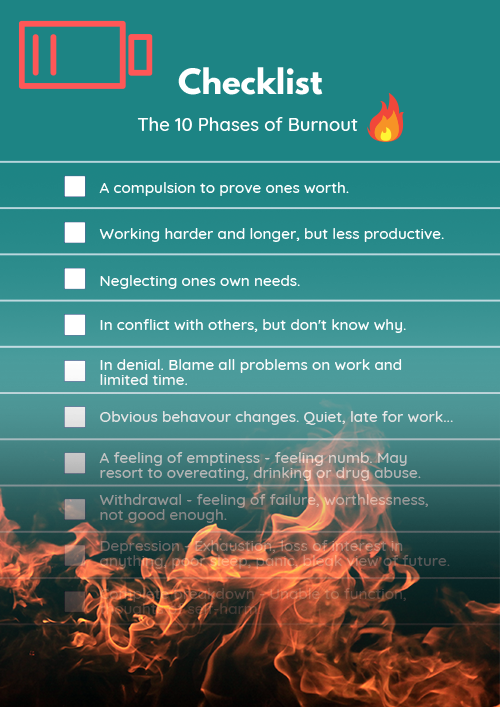Many people associate Mindfulness with Buddhism, but you do not need to be a Buddhist, spiritual or in any way religious to practice mindfulness.
It is simply being aware of the present moment.
Unfortunately there is still a lack of understanding of how mindfulness can help us all from even an early age to free yourself from anxiety and stress and even relieve yourself from pain, and restore wellbeing with just a few minutes of simple practice every day.
Mindfulness is proving to be so successful that many hospital pain clinics prescribe mindfulness meditation to help patients cope with the suffering from a wide range of diseases, such as cancer, fibromyalgia, heart disease, back pain and migraine, amongst others.
What does mindfulness do, that medication doesn’t?
Mindfulness teaches you to focus on the present moment and put the past in the past, but it does take practice.
Think of it as learning to play the guitar, you need to keep practicing it to become an expert and don’t expect to learn it overnight. However, if you put in a little bit of practice most days you will become an expert.
- Mindfulness takes ongoing effort. However, the more you practice, the easier it gets. The best thing to do is focus on being mindful of your thoughts when you’re doing everyday tasks. I like to go for a power walk at lunch time and take in my surroundings and just let go for half an hour. These are called habit releasers, so once a day find something to focus on for just 5 minutes – such as watching the kettle boil and think about the whole process involved.
- Progress doesn’t always come quickly. It may seem slow. It’s impossible to be mindful when you’re dwelling on the past or obsessing about the future. We all do this sometimes. The more I want something, the more I fixate on not having it and wanting to to get it. However, once I release the attachment and focus on being grateful for what I have in the moment, my life seems to shift and progress seems to happen naturally.
- There will always be distractions. There could be problems in your life, work, relationships, or old negative beliefs popping up from your past. However, these are great opportunities to practice that present moment awareness. They help you to become more in tune with yourself.
- You may want to give up. You are likely to want to give up many times. When you realise that the challenging times are there to help you grow, you will automatically feel more peaceful and relaxed.
- Your goals may challenge your mindfulness. Having and setting goals is fantastic and I advise my client’s to set goals, but the goals need to be clearly identified, obtainable and timely, and necessary. If the goals become a stress, this is likely to affect your state of mind. Only set goals that will make you better and happier. Consult a Lifecoach for some guidance if necessary. www.mindset-in-motion.co.uk
- You might forget that the journey is the destination. It may be that you reach a goal, but it’s not as exciting as you thought it would be. Once you’ve hit one goal, set a new one and always reward yourself. This doesn’t have to be a large reward, but maybe something out of the ordinary for you. I recently bought myself a journal called ‘A Gift to Me’, so every time I reach a goal it reminds me to reward myself.
- Sometimes you’ll want to be anywhere but in the now! Even the masters on earth have to deal with difficult situation and chaotic thoughts. However, they have learned to accept the moment for what it is. When you do this, you become the guardian of your inner space, which is the only way to feel good inside and find peace of mind, right now.
So how can Mindfulness help you?
If you’re feeling stressed at work, finances, relationship, instead of getting lost in erratic thinking, mindfulness helps you to focus on your thoughts and be fully present and relaxed, and stops us being distracted by the thoughts of the past or the future.
Mindfulness does rely on different forms of meditation, which include different methods of breathing exercises, which take around 10 minutes and simple habit releasers in order to distract your mind. These work just as well for chronic pain as they do for stress and anxiety.
To try out any of the breathing exercises visit my blog page and try my 3 minute breathing exercise – www.mindset-in-motion.co.uk/category/monday/

